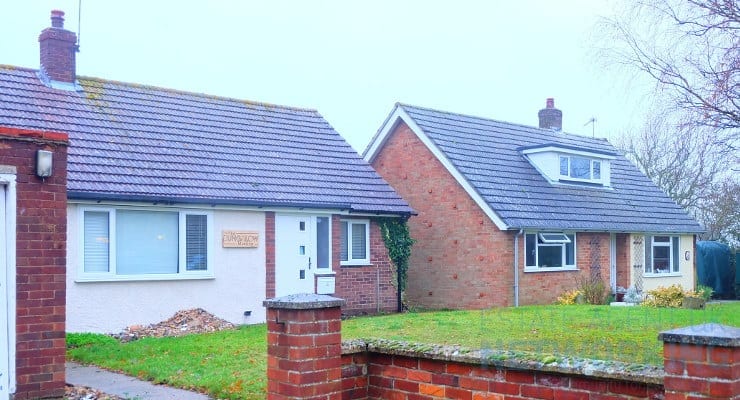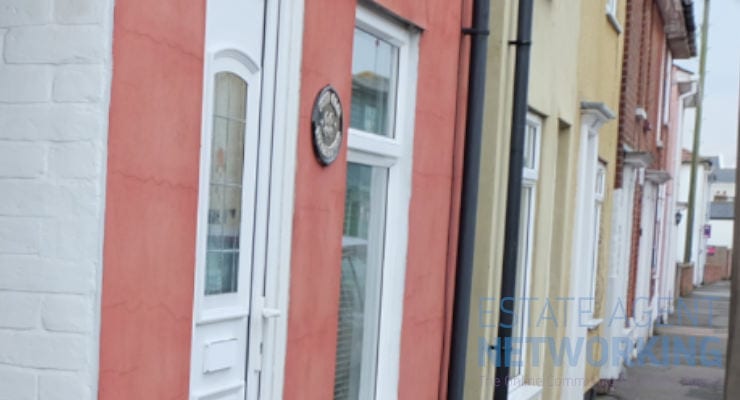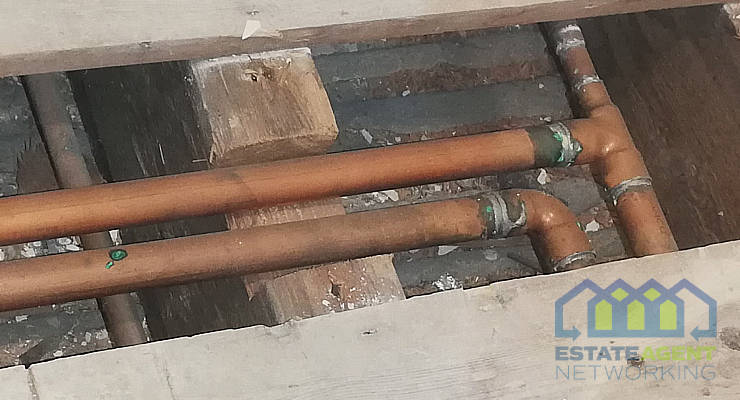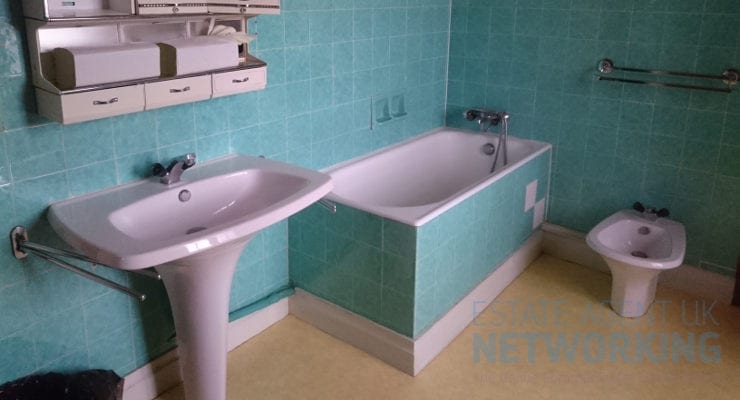Insurance Broker’s Top Tips to Avoid Home Insurance Claims
Every homeowner wants to do what they can to avoid unnecessary insurance claims, especially if you have a high-risk property, holiday home or home you rent out to others. For homeowners, insurance claims can mean hefty hikes in insurance prices in the future, and for landlords or holiday homeowners, the loss of earnings while a claim is sorted can be a real issue (if you don’t have insurance to cover it!).
Matthew Durrant, Managing Director at i4me gives his views on some of the best things you can do to avoid common home insurance claims, and answers the most commonly asked questions from homeowners and landlords:
How should I avoid plumbing issues and freezing pipes during winter?
Whether you’re in your home all year round or have a second home/holiday home that is unoccupied for most of the winter, you’ll find that plumbing issues can arise during colder temperatures. Here’s Matthew’s top tips for keeping your properties’ plumbing in good condition.
Keep the heating on: Check your policy for the specific temperature requirements, but most recommend that your thermostat is set to at least 15°C when the property is unoccupied.
Turn off the water: Shut off the water at the stopcock and drain the system if the property is going to be unoccupied for long periods. This helps to prevent the water freezing in the pipes and causing issues
Install lagging: Insulate pipes and water tanks in lofts or unheated spaces to prevent them getting cold.
Leave your loft hatch open a crack: Most claims come from pipes and tanks in the roof. Leaving your loft hatch slightly open allows warm air to circulate and reduces the risk of freezing.
Stop draughts: Seal gaps around doors and windows to maintain the temperature within your property. This will help to avoid the property getting so cold that it affects your pipework.
Is there anything that can invalidate your holiday home/unoccupied home insurance when it comes to extreme weather/acts of God? Can extreme cold weather/hot weather invalidate any aspects of your insurance?
Acts of God is a term that is bandied around a lot when it comes to home insurance, but what exactly does this mean? And can extreme weather affect specialist home insurance claims?
Matthew’s thoughts are below:
“In the UK, extreme weather tends to mean storm, flood, or freezing conditions – these are sometimes known as Acts of God, i.e. caused by nature and outside human control. Most home insurance policies recognise this and will cover insured perils that arise from such events. However, you should check to see if there are any specific exclusions.”
So as long as your paperwork does not specifically exclude anything, you should be covered. But if you’re still concerned, it’s always best to ask your insurer directly, or your broker.
What are some of the precautions you should take to avoid fire damage in unoccupied properties?
Here’s some of Matthew’s thoughts on things to take precautions on when it comes to avoiding fire damage in particular:
Wood burners and coal – it’s important to be really clear what type of fuel a wood burner takes, as inserting the wrong type of fuel can cause fires to become out of control. For example, if coal is inserted into a wood burner, it burns at a slower rate and if left over a long period of time unattended, can cause fires to become out of control.
Electrical appliances that are always on – if you have electrical appliances that need to always be on in your holiday home or let, it’s important to ensure you are up to date on testing for each appliance and have regular electrical checks on your property. This is especially true if you are going to be leaving the property unoccupied for long periods of time. Where possible, switch all electrical appliances off at the switch to reduce the likelihood of overheating, electrical faults, shorting etc.
Damp and mould – how this can affect your insurance and what steps you can take to limit it
Something that many homeowners get very frustrated by is damp and mould, as it’s unsightly and can be potentially harmful if left untreated for too long. Outside of being a general nuisance to keep on top of though, you’ll be glad to know it’s not something that can have any influence on your insurance premiums or cause problems with claiming on your insurance.
Matthew said: “Damp and mould in isolation are not usually covered by an insurance policy – this is often caused by poor ventilation, so it is not something that you can usually claim for. However, it could be a symptom of a water leak, which most likely will be covered.”
Insurance on holiday homes/unoccupied homes with subsidence. What can you claim for?
Subsidence is another big consideration for homeowners, both domestically and for those who are looking to rent out the property.
Subsidence is the downward movement of ground, often caused by leaking drains washing away soil in sandy soil areas or trees/vegetation taking moisture out of the soil in clay areas. The insurance policy will indemnify the policyholder for remedial works to stabilise the property.
Deterring burglars from your home – what steps can you take? Are there any common mistakes homeowners make that could increase the chance of burglary?
Data from The Crime Prevention Website shows that burglars often gain access through lofts and breaking through walls. So this is something to be mindful of if, for example, you live in a flat that is part of a converted building with internal stud walls, or your house adjoins another. You could also take steps to ensure loft hatches are locked to prevent burglars getting into the ceiling and breaking in from above.
Along with this, if you have a property that is going to be unoccupied for a long period of time, always be sure to lock all windows and doors, along with leaving a light on a timer in a visible part of the house. This will help to both keep your property safe, while deterring burglars from coming into what appears to be an occupied property.
The final thing to consider is investing in a security system to deter burglars, such as alarms, security lighting, or CCTV. This can sometimes reduce your home insurance or holiday home insurance premium too.
Why would an insurer decline a claim?
The common perception is that insurers will do anything they can to wriggle out of paying a claim, but this is not true. If you have been open and honest with your insurer and are submitting a valid claim, it is unlikely that it will be declined. The main reason an insurer would refuse to pay out is if you failed to declare something had happened at the time or lied to try and make a claim when insurance wasn’t in place.
For example, if your property had fire damage, and you set up a policy the day after the fire occurred, and you tried to claim for fire damage in a few months’ time, your insurance would inevitably be void. Tests would be carried out to determine the cause of the fire and when it occurred, and when the results came back the policy would likely be cancelled ‘ab initio’, i.e. from the start of the policy, and premiums paid may not be refunded in some cases.
The above example is why it’s so important that you are always completely honest when taking out any type of insurance, as any discrepancies from when you take the policy out will likely void your insurance and any potential payouts.









